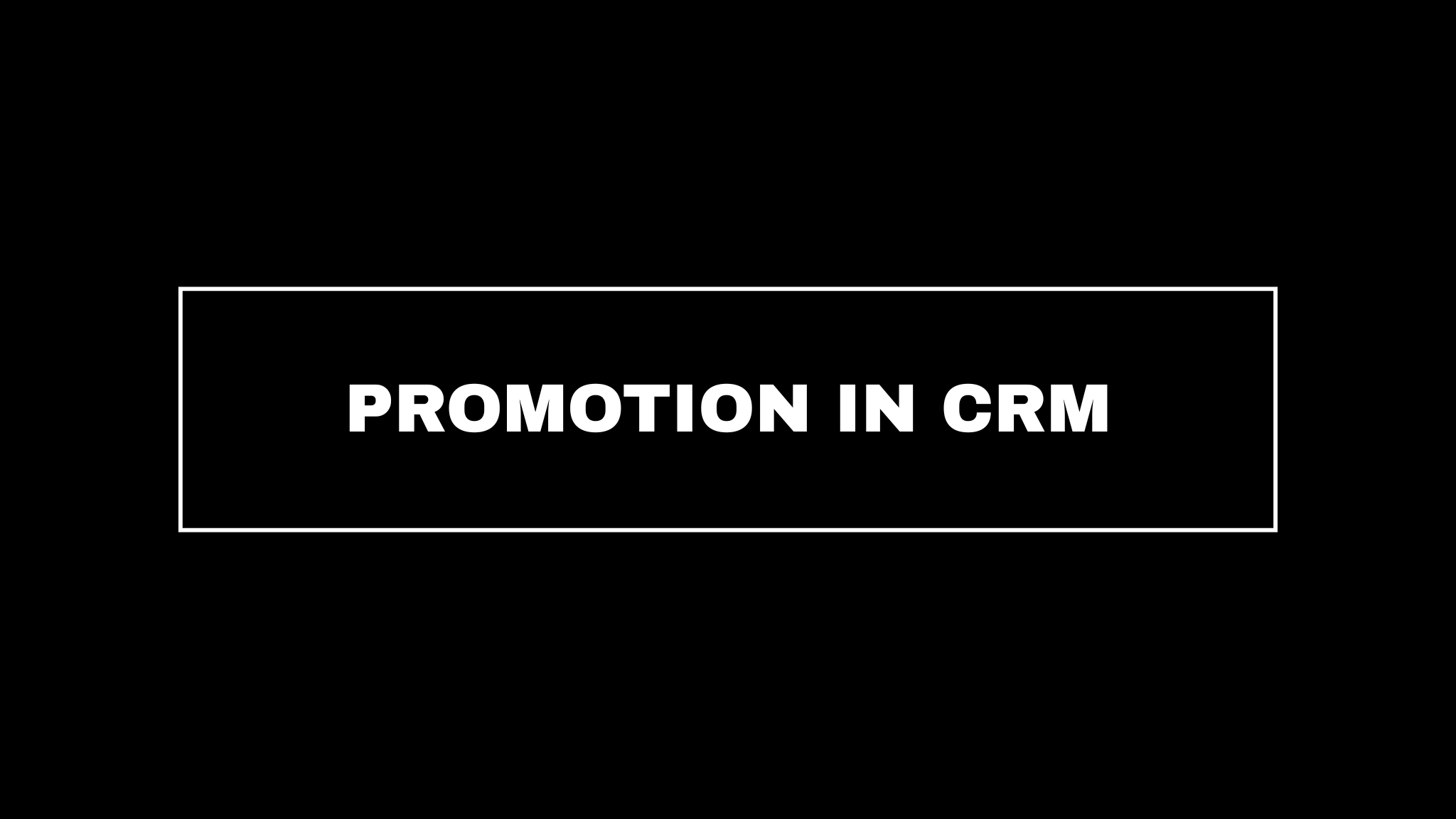The Networking Blind Spot Vendor Certifications Don’t Address
Here’s something that might surprise you: despite having multiple Salesforce certifications and years of experience, Sarah, a CRM manager at a mid-sized company, watched three colleagues get promoted while she remained stuck in the same role for over two years. The reason wasn’t her technical skills or performance—it was something her vendor certifications never taught her about.
The harsh reality is that technical expertise alone won’t propel your CRM career forward. While vendor training programs focus heavily on platform-specific skills, they completely ignore the networking and relationship-building aspects that actually drive career advancement. This blind spot is costing CRM professionals like you valuable opportunities and keeping talented managers trapped at lower career levels.
The Certification Trap That’s Limiting Your Career Growth
We’ve all been there—investing countless hours and thousands of dollars in vendor certifications, believing they’re our ticket to career advancement. But here’s what the training companies don’t tell you: technical certifications only get you so far. According to professional development research, career advancement depends heavily on professional relationships and industry connections, not just technical competency.
Most CRM managers focus exclusively on mastering their chosen platform—Salesforce, HubSpot, Microsoft Dynamics—without building the professional network that could actually accelerate their careers. This creates a dangerous skills gap that vendor training programs simply don’t address. You might be the most technically proficient CRM manager in your company, but if you’re not connected with other professionals who can vouch for your expertise or alert you to new opportunities, you’re essentially invisible in the job market.
The problem becomes even more pronounced when you realize that many CRM career opportunities are never publicly advertised. Industry connections and peer recommendations often determine who gets considered for senior positions, leaving technically skilled but poorly networked professionals out of the running entirely.
Why Traditional Networking Fails CRM Professionals
Generic networking events and broad professional platforms like LinkedIn create their own set of challenges for CRM professionals. When you attend general business networking events, you spend most of your time explaining what CRM actually involves rather than having meaningful conversations about industry challenges and solutions. And on LinkedIn, your CRM expertise gets lost in a sea of general business content that doesn’t address the specific pain points you face daily.
The real networking blind spot emerges when CRM professionals try to find peers who understand their unique challenges. Questions about data migration strategies, customer journey optimization, or integration complexities require input from people who’ve actually dealt with these issues. But finding those people through traditional networking channels feels like searching for a needle in a haystack.
Even worse, most available networking opportunities are sponsored by technology vendors, which means the advice and connections you make come with inherent bias toward specific platforms or solutions. This limits your ability to have honest, unbiased conversations about what really works in different situations.
The Hidden Career Advancement Factors Vendor Training Ignores
While vendor certifications teach you how to configure workflows and set up automation, they don’t teach you how to communicate your value to senior leadership or how to position yourself for strategic roles. The most important skills for CRM career advancement often involve strategic thinking, change management, and stakeholder communication—areas where peer learning and mentorship prove invaluable.
Consider the difference between knowing how to set up a lead scoring model and knowing how to present that model’s business impact to C-level executives. The technical skill might take a few hours to learn, but the communication and strategic positioning skills require insights from professionals who’ve successfully navigated similar conversations.
This is where professional networking within the CRM community becomes crucial. Other CRM managers can share real-world experiences about what resonates with different types of stakeholders, how to quantify CRM ROI effectively, and which career moves actually lead to advancement. These practical insights address the skills gap that vendor training leaves behind, but they’re only available through meaningful professional relationships.
Breaking Through the Promotion Barrier
The CRM managers who consistently get promoted understand something their peers don’t: career advancement happens through relationships, not just certifications. They’ve built networks of professionals who can provide strategic advice, alert them to new opportunities, and serve as references when promotion opportunities arise.
But building these relationships requires access to the right community. Staying competitive in the CRM job market means connecting with peers who face similar challenges and can offer unbiased insights based on real experience rather than vendor marketing materials.
The most successful CRM professionals also understand that networking isn’t just about finding new job opportunities—it’s about continuous learning and professional development. When you’re connected with other CRM managers, you gain access to diverse perspectives on implementation strategies, career paths, and industry trends that can inform your own professional decisions.
Your Path to CRM Career Advancement
Breaking through the networking blind spot requires intentional action. You need access to a community of CRM professionals who understand your challenges and can provide unbiased advice about career advancement strategies. This means finding networking opportunities that go beyond vendor-sponsored events and generic business meetups.
The key is connecting with peers who can share real-world insights about what actually drives career advancement in CRM roles. These connections provide the strategic perspective and industry knowledge that vendor certifications simply can’t offer. Professional networking platforms specifically designed for CRM professionals create the focused environment where these meaningful connections can develop.
We’ve built CRMPeeps specifically to address this networking blind spot that’s holding back so many talented CRM managers. Our platform connects you with peers who understand your challenges, provides access to unbiased learning resources, and creates opportunities for the kind of professional relationships that actually drive career advancement. Instead of competing for attention in crowded job boards or generic networking events, you’ll be part of a focused community where your CRM expertise is valued and your career goals are understood.
Ready to break through the networking barrier that’s limiting your career growth? Join CRMPeeps today and start building the professional relationships that will accelerate your path to promotion and career success.
Frequently Asked Questions
How is professional networking different from having vendor certifications for CRM career advancement?
While vendor certifications prove your technical competency with specific platforms, professional networking provides strategic insights, career guidance, and job opportunities that certifications alone cannot offer. Networking connects you with peers who can share real-world experiences, provide unbiased advice, and alert you to advancement opportunities that aren’t publicly advertised.
What specific networking activities lead to CRM manager promotions?
The most effective networking activities include participating in CRM-focused professional communities, attending industry-specific events, engaging in peer-to-peer knowledge sharing, and building relationships with other CRM professionals who can provide strategic career advice. These activities help you develop the communication skills, strategic thinking, and industry connections that drive promotion decisions.
Why don’t traditional professional networking platforms work well for CRM professionals?
Traditional networking platforms are too broad and diluted with general business content, making it difficult for CRM professionals to find relevant connections and conversations. Generic networking events require too much time explaining what CRM involves rather than focusing on strategic career discussions. CRM professionals need specialised communities where their expertise is understood and valued.



